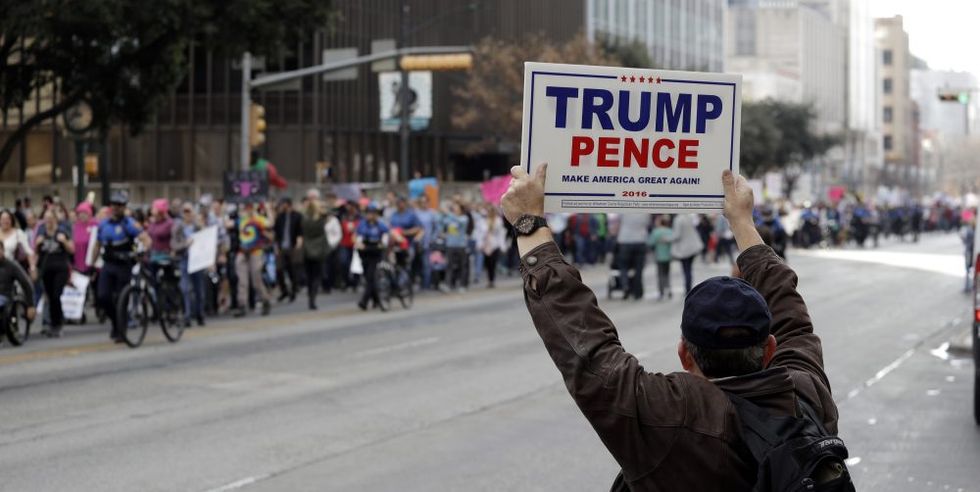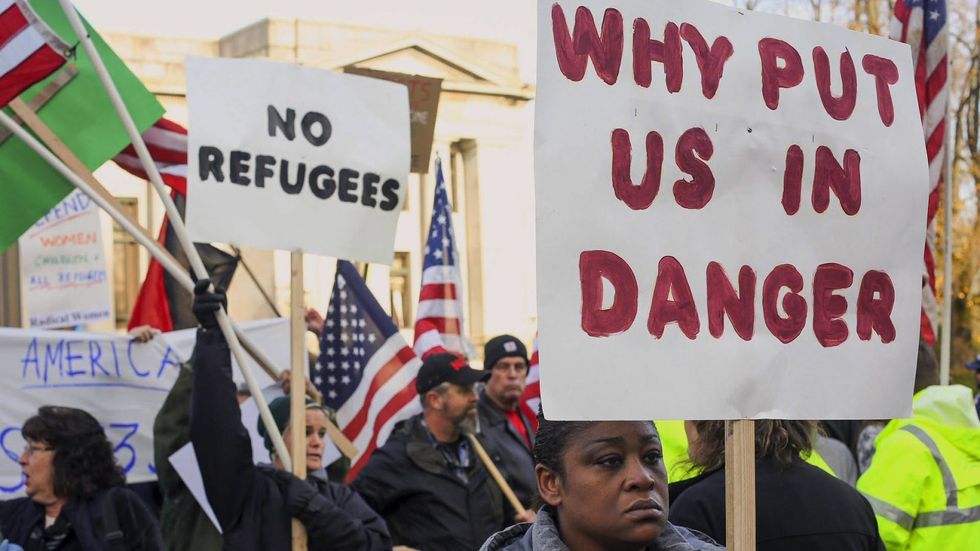Since 2015, millions of refugees and migrants have been displaced following series of wars, violence and poverty. Many of those who make the decision to leave their homes have little choice, bringing with them children, relatives and friends who have nowhere else to stay. It’s not current news that Europe has continued to bear the brunt of the influx, as many of the countries neighboring areas like Syria, Afghanistan and Iraq are still forced to accommodate or turn away incoming refugees.
But what are we doing to help?
Since Donald Trump’s election, it has become significantly harder for refugees to come to the U.S. for asylum. On January 27, 2017, he pushed an executive “travel ban,” which barred people from seven predominantly Muslim countries from entering the U.S. for 90 days, halted refugee settlements for 120 days and banned Syrian refugees indefinitely. Although revised after being rejected as unconstitutional, our current refugee policies are similar, ultimately lacking realistic solutions to the migrant crisis.
In December 2017, Trump decided to pull out of the United Nations’ Global Compact of Migration, making it clear that he views the migrant crisis as a “regional problem” compared to a global one. When looking at the situation in a geographical sense, however, we see the issue as being too simple.
Trump’s own administration conducted a study through the Department of Health and Human Services and found “that between 2005 and 2014, refugees 'contributed an estimated $269.1 billion in revenues to all levels of government' through the payment of federal, state and local taxes — which far outweighed their cost to the country.” And, although multiple other studies come to similar conclusions, the administration is quick to reject these findings, dismissing them as biased.
Dara Lind discusses the reasoning and implications behind taking the “America-First” mindset in such a dire social climate. Lind writes that, “The entire point of refugee resettlement, as it’s traditionally existed, is that people are allowed to immigrate based on how much they’ve suffered (or are at risk of suffering)...This is not how Donald Trump, his advisers or his administration sees things. In their eyes, spending money to help new people come to and succeed in America all but picks the pockets of those who are already here and aren’t succeeding as well as they’d like.”
Trump capitalizes on the worries of Americans that fear change. With immigrants come new beliefs, religions and ways of life. This is perceived as a threat to the romanticized image of a unified “American” culture (which really, in reality, doesn’t exist).
Last July, Trump was quoted saying, “You say what happened to the old days where people came into this country, they worked and they worked and they worked and they had families and they paid taxes and they did all sorts of things, and their families got stronger and they were closely knit. We don't see that. Failure to enforce our immigration laws had predictable results. Drugs, gangs and violence.”
These sort of fear tactics encourage the belief that immigrants aren’t hard working, that they bring with them problems of violence and abuse, that they are exploitative, that they don’t care about America or its future. And this is an ugly, racist side of the U.S. that is now given center stage. The Trump administration concentrated their campaign on division and fear.
We forget that we are founded as a nation of immigrants, that immigrants make us stronger and more diverse, that different perspectives challenge us for the better. Instead, we are encouraged to look at immigrants and refugees in terms of what they offer versus what they need. And, in doing so, we turn our backs on one of the largest humanitarian crises since World War II.
The United States should set an example for the rest of the world. The refugee crisis isn’t a burden to be pushed onto neighboring countries of the war-torn areas in the Middle East. We have the most to give, and rejecting and labeling those in need can’t be our solution.











































